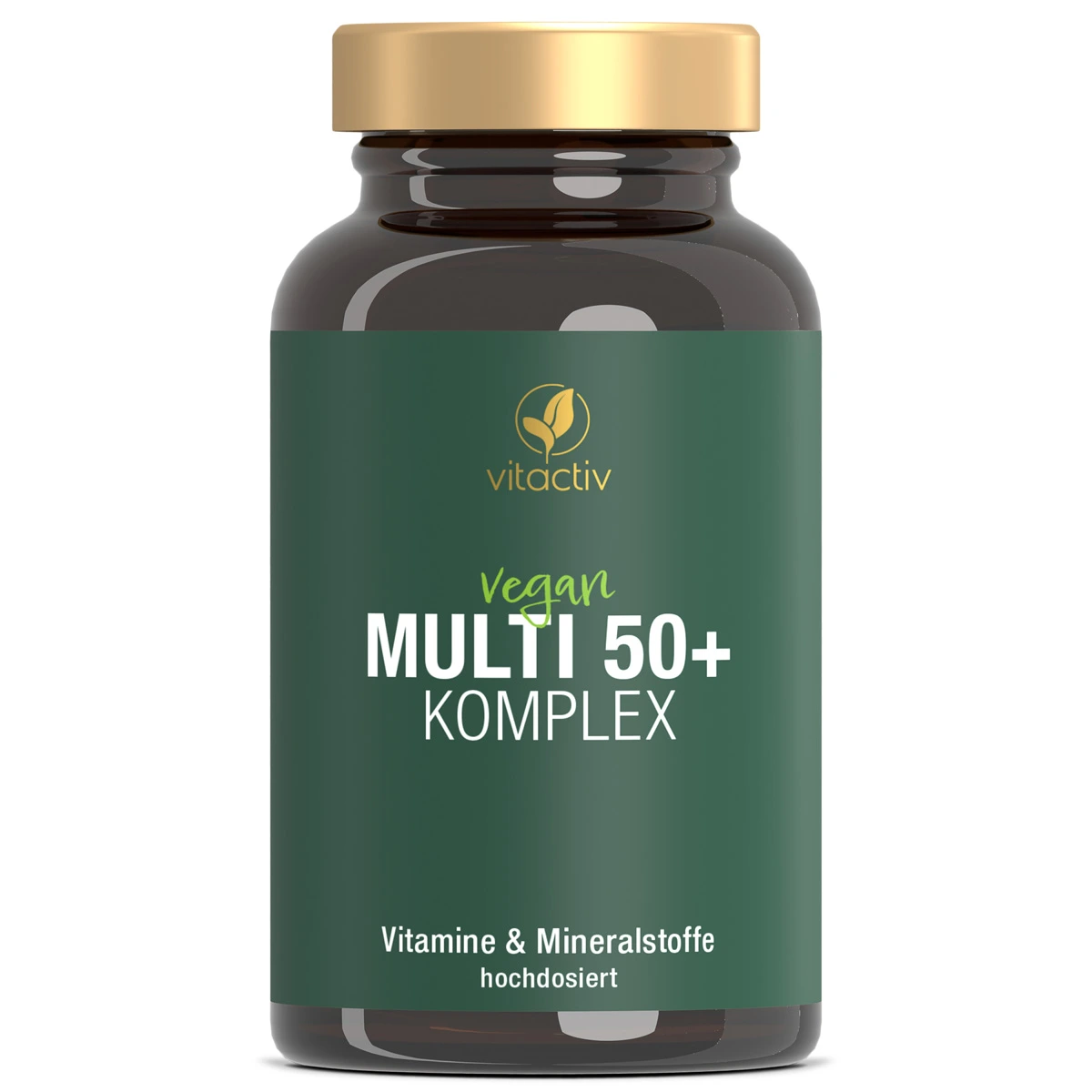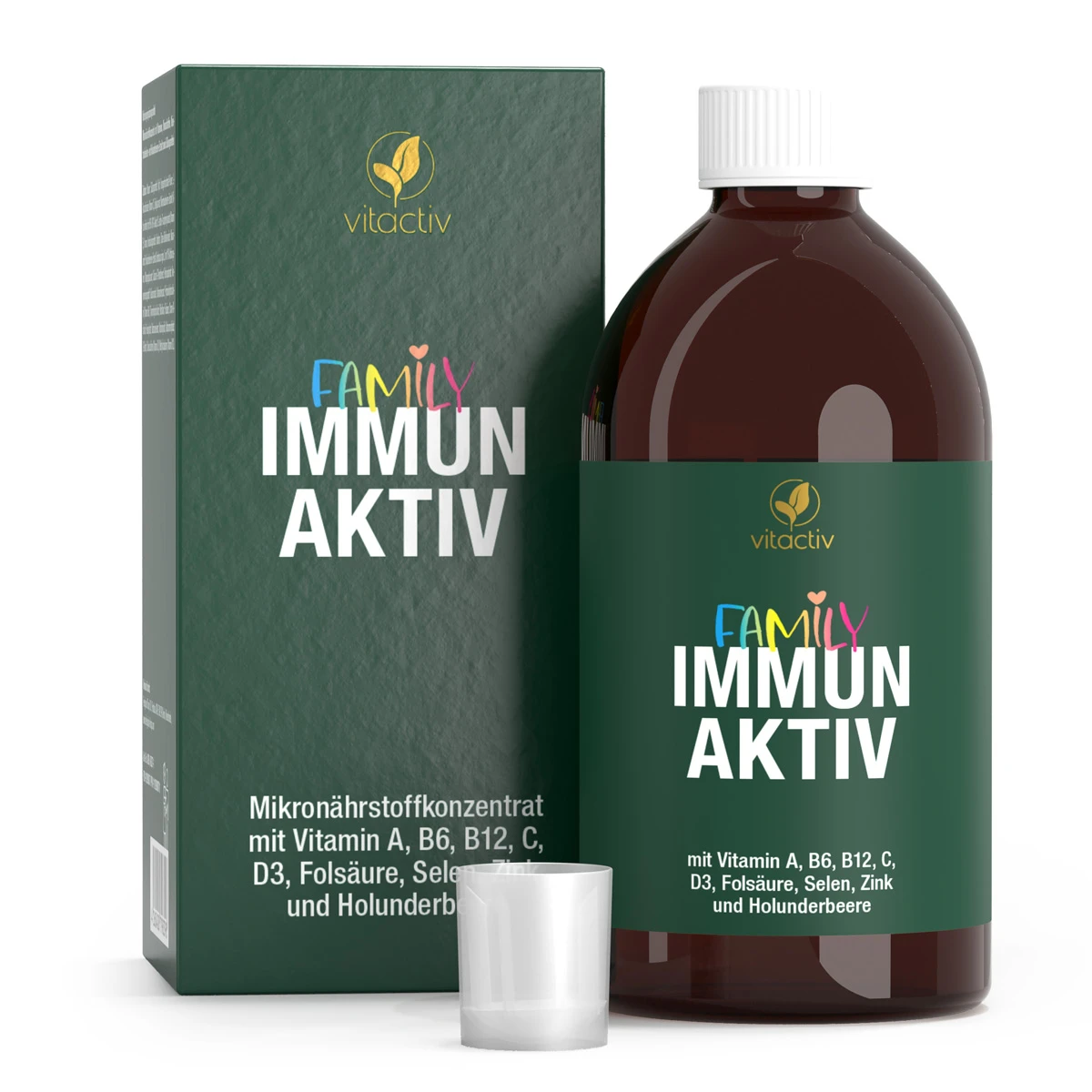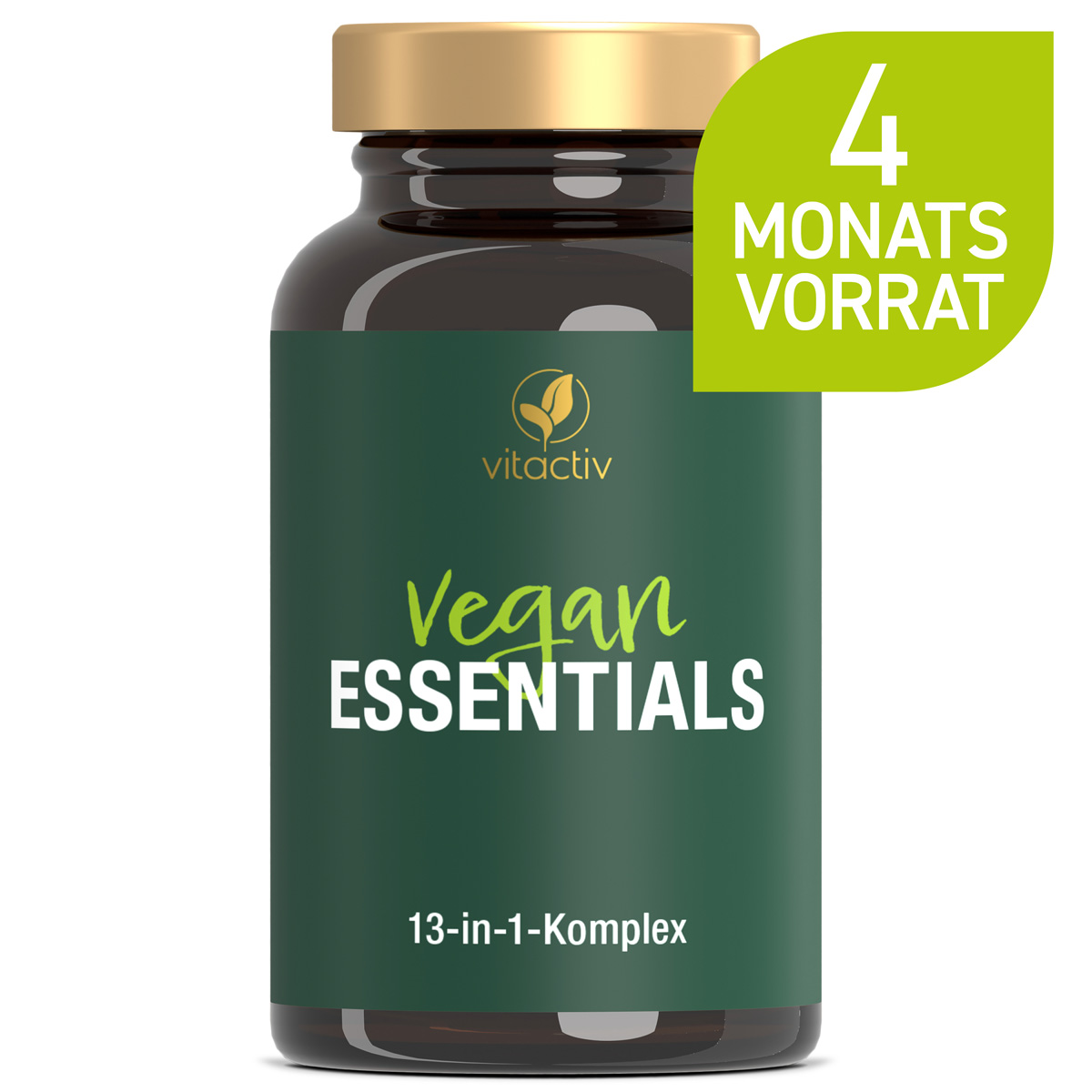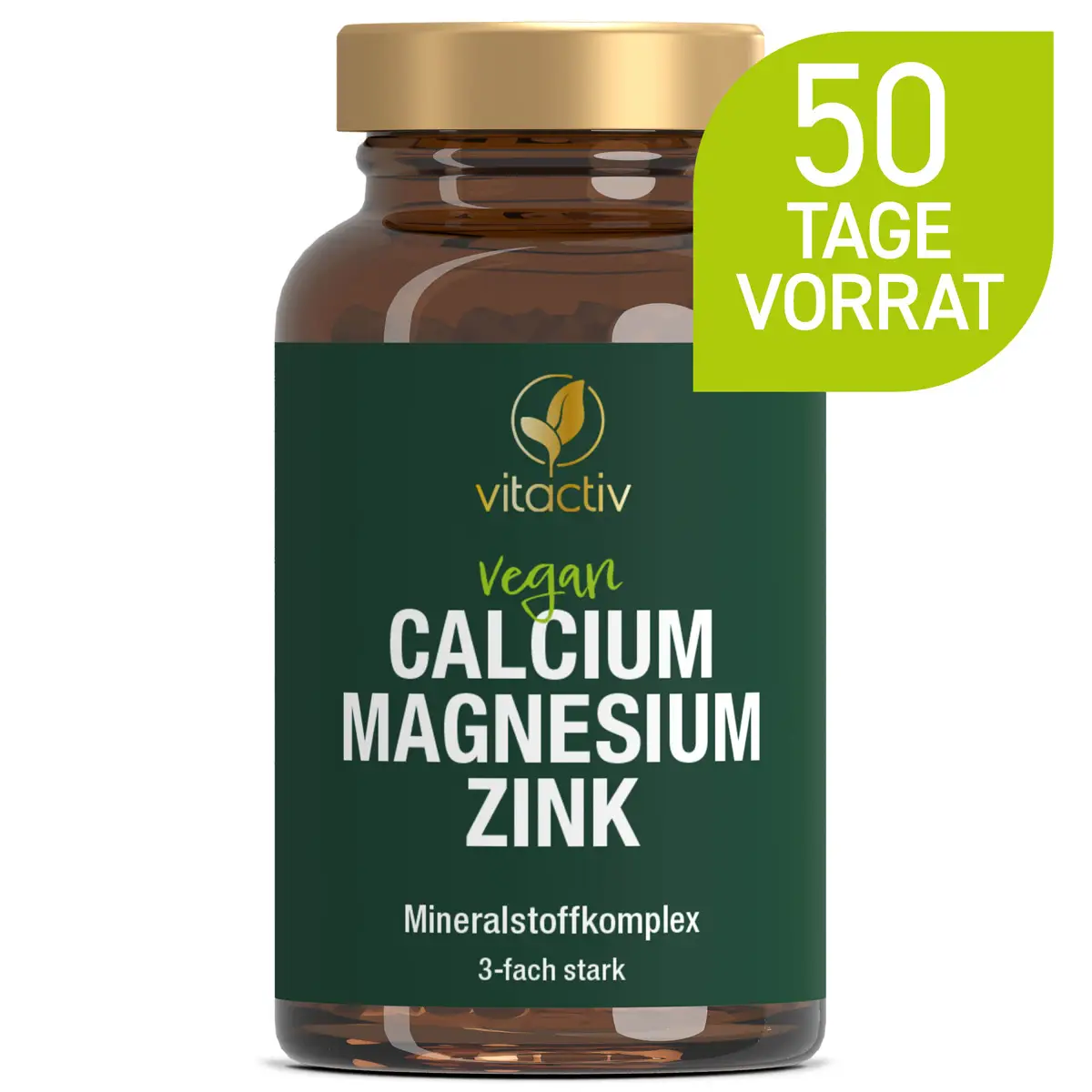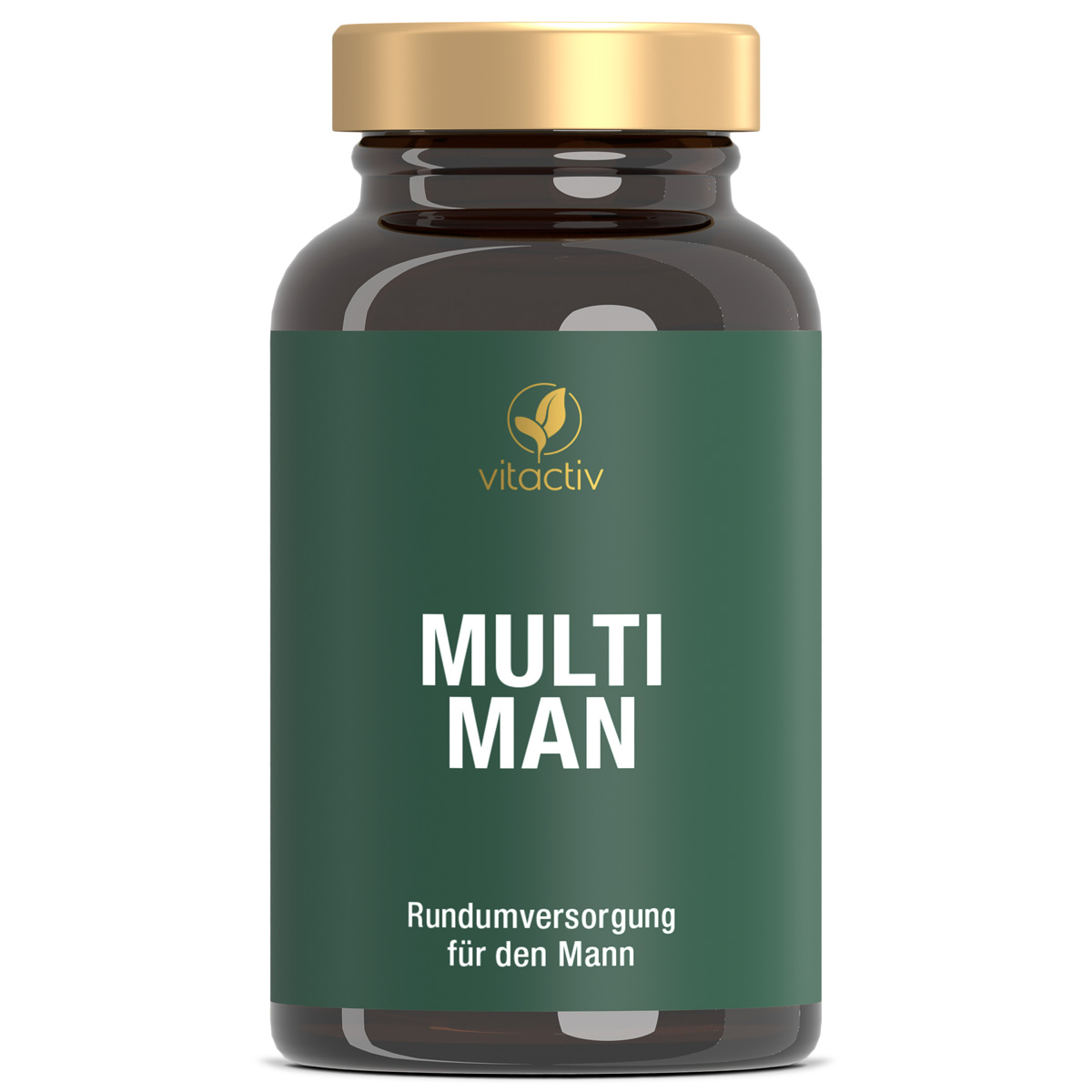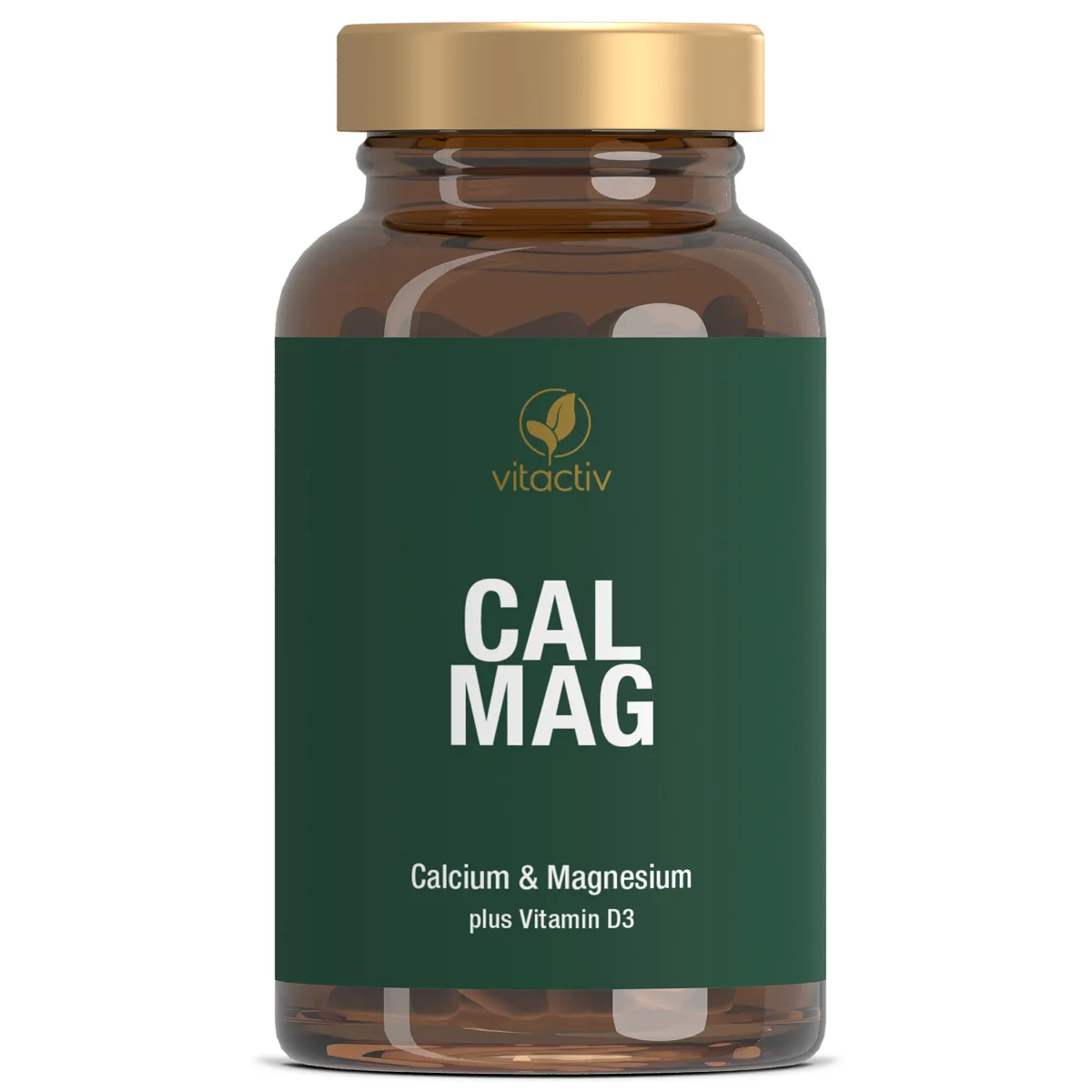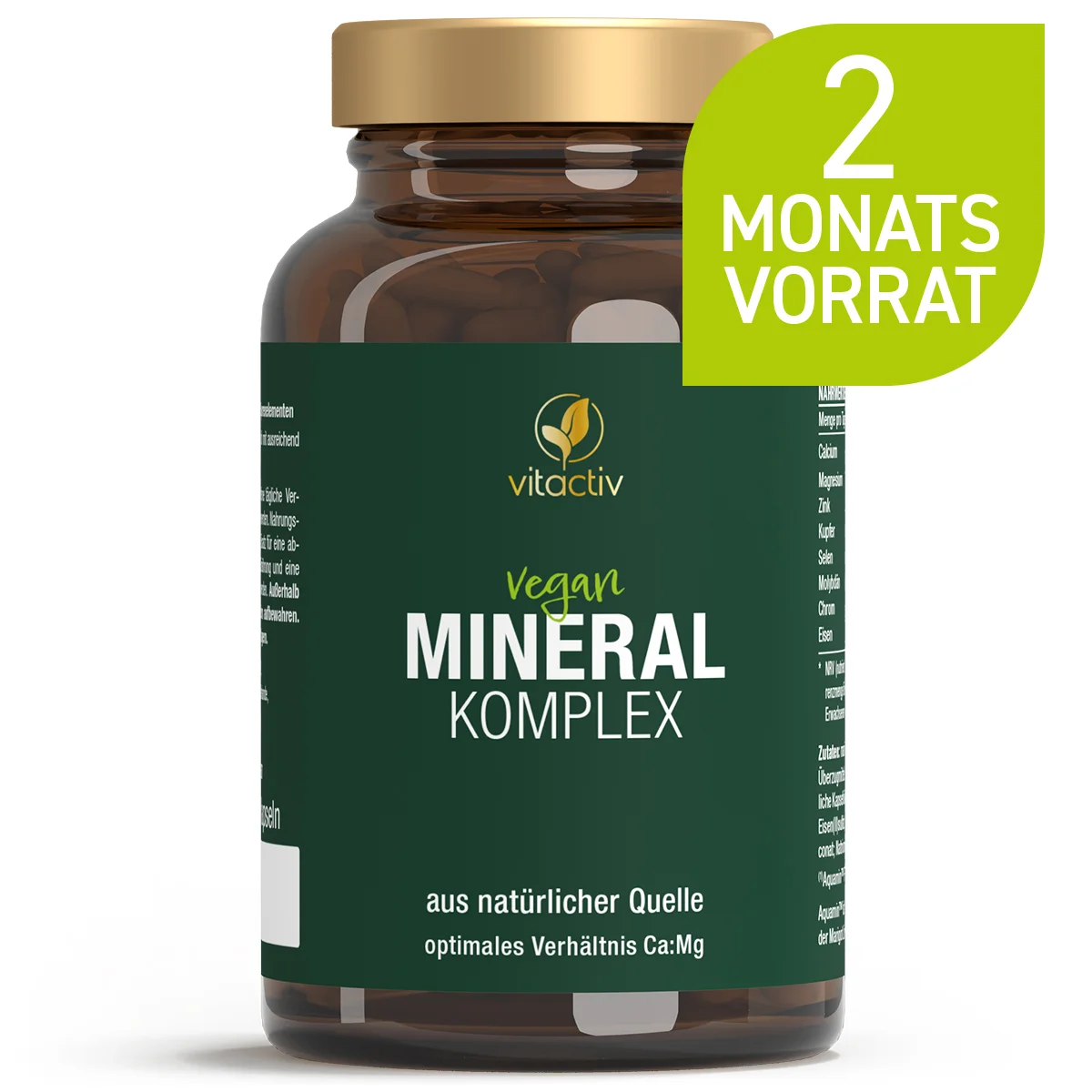Multi-minerals
Content: 0.045 kg (€279.78* / 1 kg)
€12.59 €13.99
(€279.78 / 1 kg)Content: 0.3 L (€66.63* / 1 L)
€22.49 €24.99
(€74.97 / 1 L)Content: 0.1084 kg (€179.80* / 1 kg)
€22.99 (€212.08 / 1 kg)Content: 0.13 kg (€71.46* / 1 kg)
€10.99 (€84.54 / 1 kg)Content: 0.0585 kg (€153.68* / 1 kg)
€9.99 (€170.77 / 1 kg)Content: 0.114 kg (€163.95* / 1 kg)
€21.99 (€192.89 / 1 kg)Buying multiminerals
Multiminerals - as important as multivitamins?
Minerals are divided into two groups - bulk elements and trace elements. The body needs a large amount of the bulk elements (up to 2,000 mg daily). These include: Calcium, magnesium, potassium, chloride, sodium and phosphorus. Only small amounts, i.e. "traces", of trace elements are necessary. This does not mean that they are less important for humans. These include: Zinc, iron, selenium, iodine, copper, manganese, fluorine and molybdenum.
An example: according to Wikipedia, the recommended daily requirement of calcium for an adult is around 1,000 mg, and 10 mg for zinc.1 Nevertheless, both minerals - despite the differences in quantity - are of equal importance for human health.
Source:
1Wikipedia: Calcium and Wikipedia: Zinc
If, for example, health support for the muscles and bone structure is required, the minerals calcium and magnesium are ideal. Both support the function of muscles and bones. Calcium contributes to normal signal transmission between nerve cells.
Magnesium helps against fatigue. Both are important for a functioning musculoskeletal system! High-quality food supplements with calcium and magnesium are dosed in a balanced 2:1 ratio, which is recommended by the DGE (German Nutrition Society), among others. This ensures that there is neither an underdose nor an overdose of one or the other substance.
In the Feelgood Shop you will find multimineral products with natural ingredients in premium quality controlled in Germany!
Source:
2RobertKoch Institute - Vitamin D
If you have any questions or need advice, please contact us.
Call us at:
0800 678 7997
Write us a message here
Use our chat at the bottom left
Search our FAQs here

